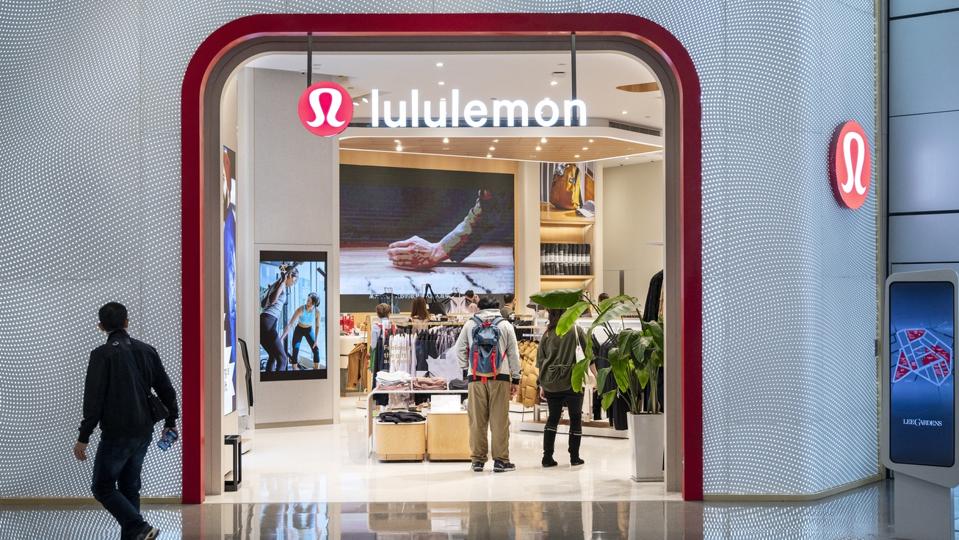Shares of Lululemon soared Monday as investors celebrated the stock’s inclusion in the S&P 500 index, sending the fitness wear giant to its highest share price in more than a year.

Lululemon shares surged Monday.
SOPA Images/LightRocket via Getty Images
Key Facts
S&P Dow Jones Indices announced after Friday’s market close that Lululemon would replace video game giant Activision on the S&P after the latter’s sale to Microsoft closed.
Lululemon stock subsequently enjoyed as much as a 10%jump to $417 Monday, registering its highest share price since early 2022 as it heads toward its second-largest daily gain of 2023.
Though nothing changed materially about Lululemon’s strength as a stock, the athleisure firm is getting a boost from a commonly cited phenomenon where a firm’s share price surges upon its inclusion in a major stock index.
This brief surge tends to come as the market anticipates mutual funds and exchange-traded funds tracking the S&P gear up to buy shares in the new entrant, driving the rookie’s share price up.
It was also announced Friday electrical product firm Hubbell will join the S&P, and its shares rose more than 2% Monday.
Key Background
With a market capitalization of $51 billion, Vancouver-based Lululemon is the third-most valuable North American clothing retailer, trailing only rival Nike and TJ Maxx parent TJX. Lululemon stock surged about 200% from March 2020 to November 2021 before crashing amid the broader market correction due to recession fears. Shares remain about 15% below its 2021 peak even after the recent rally.
Contra
A 2021 internal S&P analysis found that there have been almost no excess gains for stocks associated with joining the benchmark index in recent years, though there are several notable exceptions.

Surprising Fact
Lululemon shares are up 26% this year, far outpacing Nike’s 15% loss. Nike’s $12.9 billion in sales last quarter dwarfed Lululemon’s $2.2 billion, though the Canadian firm’s profitability to scale was far stronger, as Lululemon reported $573 million in earnings before interest, taxes, depreciation and amortization compared to Nike’s $1.8 billion.
This post originally appeared on Forbes.com


